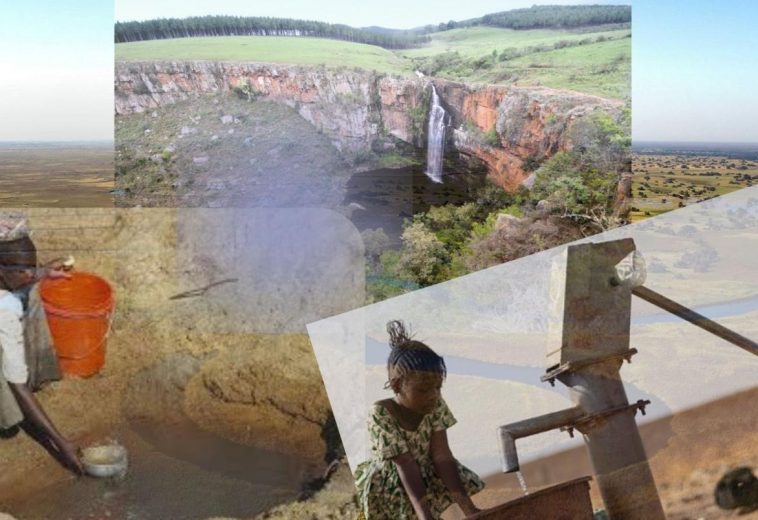Ever since the decision between Morocco and Israel in 2021 to collaborate on defense matters, both countries have witnessed a new era of diplomatic engagement. This alliance dates back to the establishment of diplomatic relations in December 2020; one which would later lead to bilateral partnerships across various sectors
Facilitated by the United States under the Abraham Accords, this pact was the premise for intelligence sharing and cooperation in military industries and procurement. The intelligence-sharing agreements are contributing to preemptive security measures against terrorism, transnational crime, and regional instability. The establishment of direct flights and the opening of liaison offices in Rabat and Tel Aviv deepened the ties beyond symbolic gestures.
Morocco’s recent $1 billion contract with Israel Aerospace Industries (IAI) to acquire the Ofek 13 spy satellite is not only an advancement in the nation’s defense strategy, but proof of the evolving diplomatic relations with Israel. IAI, a leading producer of advanced drones and missile defense systems, confirmed in a regulatory filing that the deal will be executed over five years. The Ofek 13 spy satellite will replace two older satellites from Airbus and Thales, providing Morocco with high-resolution optical and synthetic aperture radar (SAR) imaging. These will enable Morocco to maintain comprehensive surveillance over coastal regions and the Sahara Desert.
Morocco’s location enhances its importance in global trade and security. The acquisition of the Ofek 13 satellite will enable Morocco to better monitor its borders and maritime routes, ensuring the security of key trade routes and deterring potential threats. This capability is crucial in the current geopolitical climate, where securing national interests and maintaining regional stability are paramount, especially for a country at the crossroads of Europe, Africa, and the Middle East.
READ ALSO: Africa’s Economic Transformation: Nigeria-Morocco Pipeline in Focus
To appreciate the full impact of Morocco’s $1 billion satellite deal, it is essential to consider the broader context of defense spending and technological advancements in the country. According to the Stockholm International Peace Research Institute (SIPRI), Morocco’s defense budget has increased steadily, reaching approximately $4.8 billion in 2022. This consistent investment shows the nation’s interest in maintaining its defense infrastructure in response to regional security challenges.
Aside from its defense benefits, the satellite deal is expected to yield substantial economic and technological benefits for Morocco. The collaboration with IAI offers opportunities for technology transfer and knowledge sharing, potentially boosting local industries and fostering innovation.
Moroccan engineers and technicians will gain valuable experience working alongside Israeli experts, enhancing the country’s technical expertise and capabilities. Advanced satellite technology can also benefit various sectors. Improved surveillance can aid in disaster management, environmental monitoring, and resource management, contributing to Morocco’s broader socio-economic development goals.
Collaborative ventures in defense sectors enable countries like Israel to leverage strategic location and regional influence, facilitating broader diplomatic outreach and market diversification beyond traditional alliances. Israel, in turn, benefits from the contract with Morocco through expanded market opportunities and strategic partnerships in the North African region.


